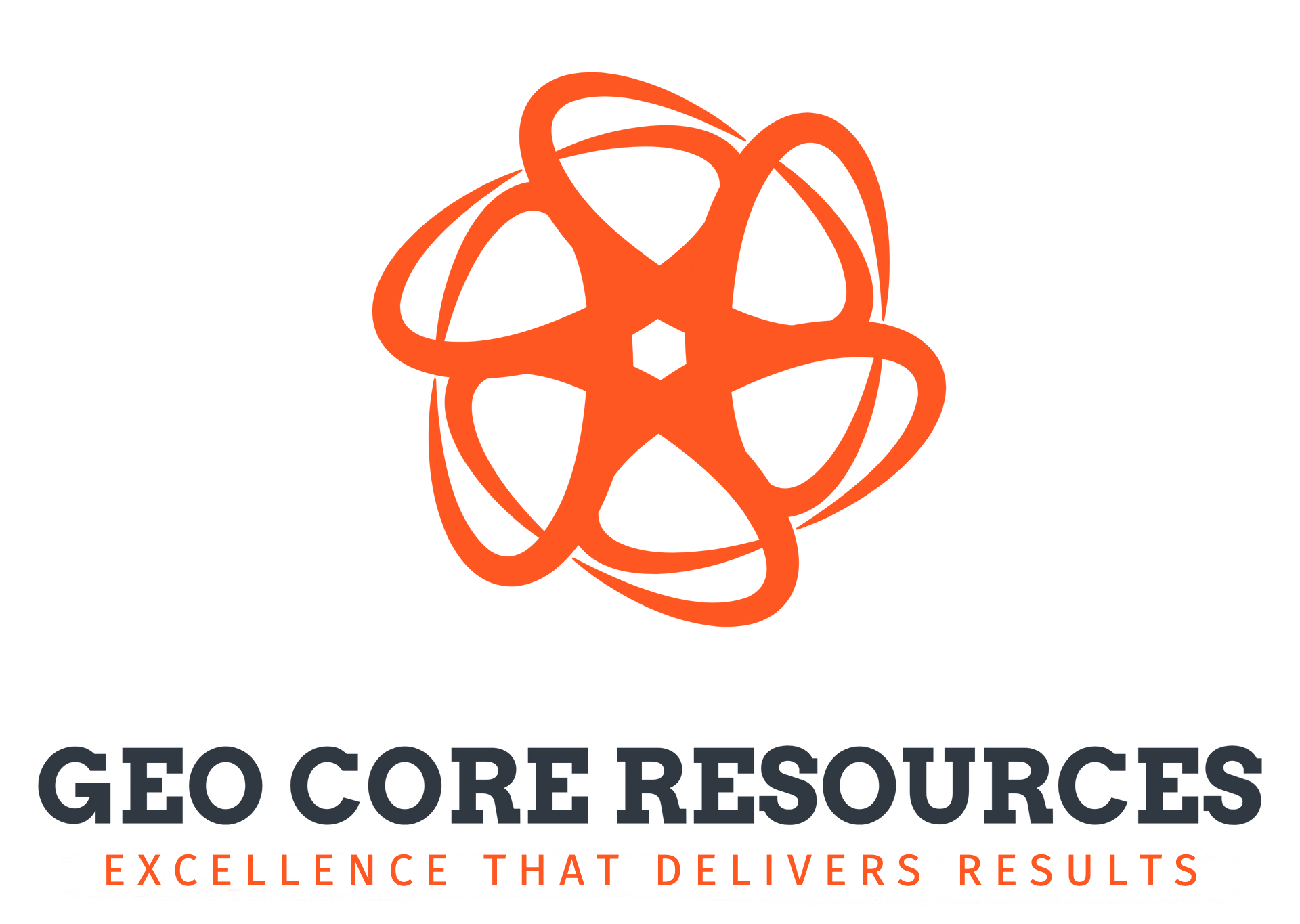The Role of Geology in Environmental Impact Assessments
Environmental impact assessments (EIAs) are a crucial step in the development of any project, as they help to identify and evaluate the potential environmental impacts of a project. In this blog post, we will discuss the role of geology in EIAs and how geologists can help to mitigate the environmental impacts of a project.
Geology plays a crucial role in EIAs as it helps to understand the characteristics of a site and the potential risks and challenges associated with it. Geologists can use their expertise to identify potential hazards, such as landslides, earthquakes, and flooding, and to evaluate the potential impacts of these hazards on the project. They can also use their knowledge of the geology of a site to identify potential sources of contamination, such as hazardous waste, and to evaluate the potential impacts of these sources on the environment.
Another important aspect of geology in EIAs is the assessment of the potential impacts of a project on the water resources. Geologists can use their expertise to evaluate the potential impacts of a project on surface and groundwater resources, including the potential for contamination and the impacts on aquatic ecosystems. They can also use their knowledge of the geology of a site to identify potential sources of water, such as underground aquifers, and to evaluate the potential impacts of a project on these sources.
Geological assessments can also include a study of the geomorphology and hydrogeology of the site to understand the impact of the project on the topography and hydrology of the area. This includes evaluating the potential impacts of a project on soil erosion, sedimentation, and runoff, and determining the potential effects on downstream areas.
In addition to identifying potential environmental impacts, geologists can also play a crucial role in developing mitigation strategies to minimise the environmental impacts of a project. This can include identifying potential reclamation or restoration options for the site, such as soil stabilisation and erosion control measures, and developing plans for monitoring and managing the environmental impacts of the project over time.
In conclusion, geology plays a crucial role in environmental impact assessments. Geologists use their expertise to understand the characteristics of a site and the potential risks and challenges associated with it, and to identify potential environmental impacts and develop mitigation strategies. At Geo Core Resources, our team of experienced geologists can provide expert assistance in assessing the environmental impacts of a project and developing strategies to minimise these impacts. Contact us today to discuss how we can help with your project.



